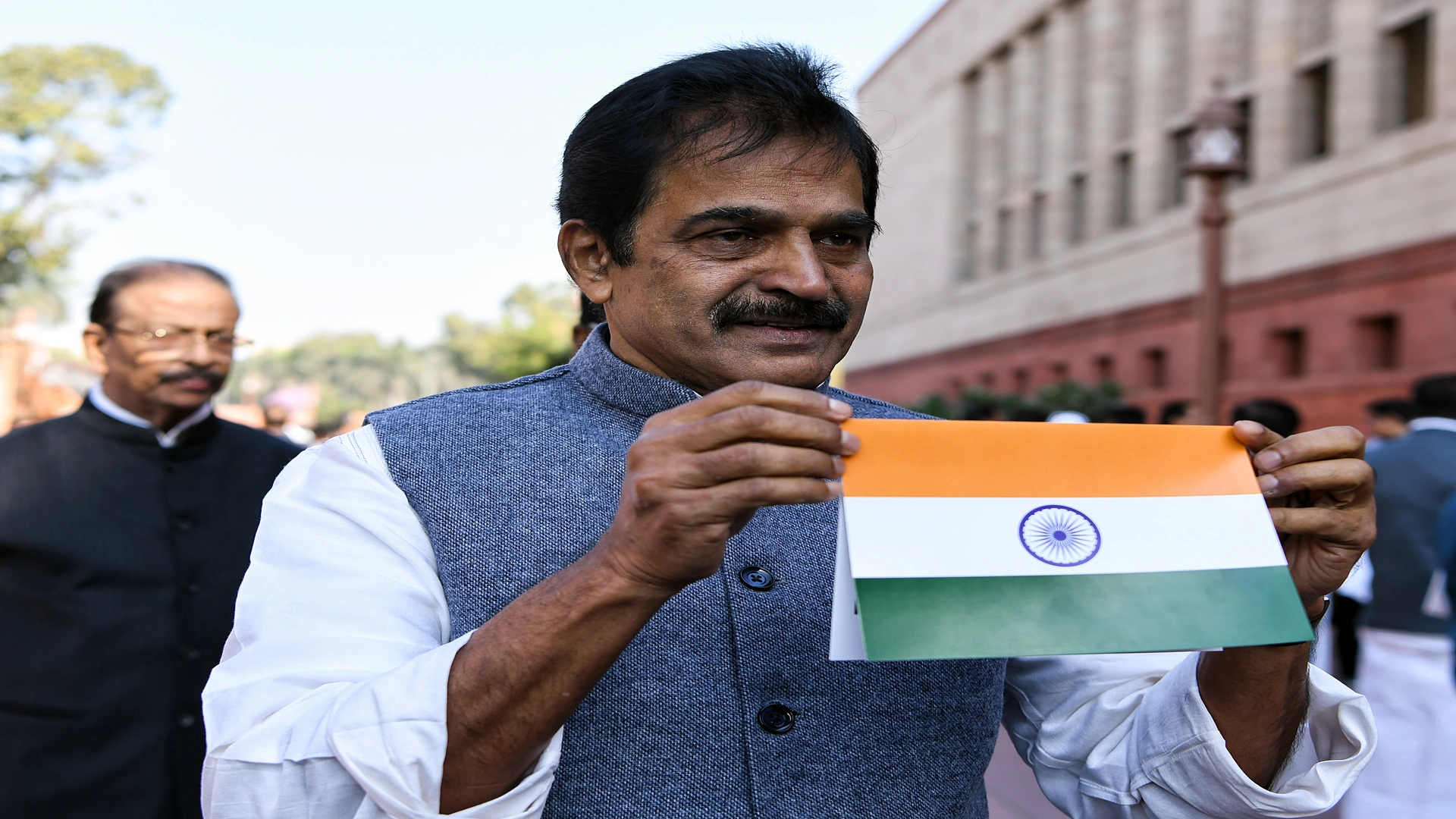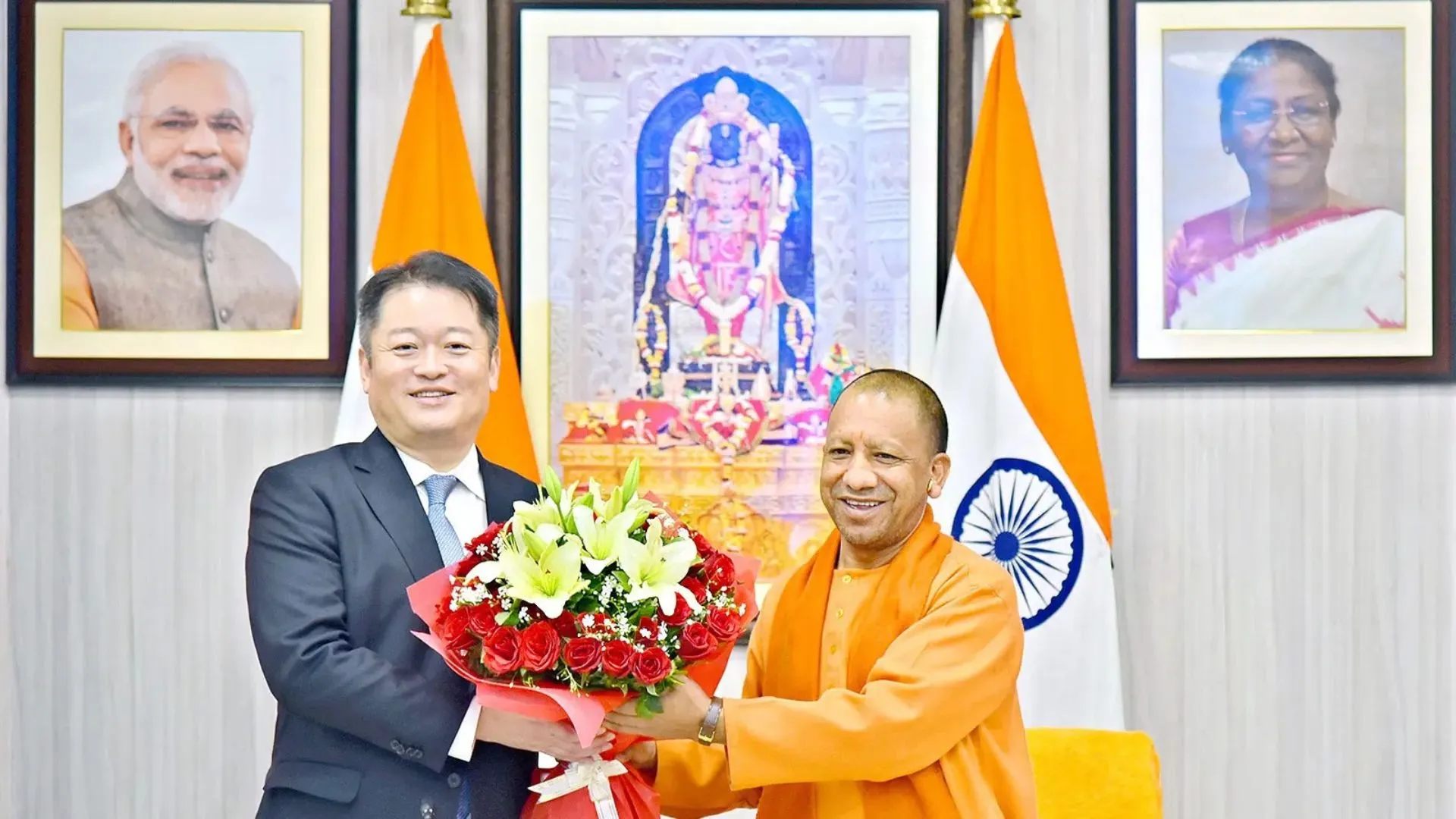Recently, Bengaluru has experienced a notable increase in language conflicts, which has been intensified by a recent social media post. A woman expressed disapproval of Swiggy’s failure to employ delivery personnel who speak Kannada, therefore igniting a renewed contentious discussion over language preferences in Karnataka. Her comments have intensified the continuing debate between insiders and outsiders, as many local residents advocate for giving preferential treatment to Kannadigas in terms of employment opportunities. Although language pride is permissible, such occurrences give rise to apprehensions regarding discriminatory attitudes, particularly in a multicultural metropolis such as Bengaluru. The current article examines the consequences of such intolerance, underscoring the need of fostering inclusiveness and cohesion in India’s heterogeneous social structure.
Intolerance based on language has been a concern in Karnataka for some time. A similar dynamic existed in the past with many people who are not native Kannada speakers, and the criticism they faced for failing to blend into the local language and culture. The topic of regional languages has also become delicate in the southern states, where similar emotions have been observed. The locals’ need for linguistic conformity is a symptom of a bigger problem with exclusion and separation, as these incidents repeatedly demonstrate. These kinds of thinking make India a less friendly place for foreigners and go against the multicultural and multilingual identity’s unifying principles.
Another incident of such kind is the opposition to the metro line between Tamil Nadu and Bengaluru. The Bengaluru-Hosur Metro extension development issue exemplifies the perils of intolerance in an ever more globalised society. Resistance to such a scheme based on concerns about migration not only impedes regional growth but also obstructs national advancement. Infrastructure initiatives of this nature promote economic expansion, generate employment opportunities, and improve connectivity, therefore benefiting both Karnataka and Tamil Nadu. Resistance stemming from language and geographical disparities, however, weakens the cooperative mindset necessary for economic advancement. Through the promotion of inclusiveness, India may fully accept and exploit its variety for the purpose of economic expansion. Conversely, intolerance restricts possibilities, suppresses creativity, and undermines the nation’s potential in the international arena.
There is a grave danger to India’s national harmony from intolerance based on language. Communities become more fragmented when native speakers push for linguistic uniformity and marginalize people who do not share their language. The very idea of federalism—that different regions and states should be able to live together peacefully—is threatened by this kind of bigotry. It causes societal disintegration by making it harder for people to move about the nation for work or to settle down. Such exclusive views have the potential to drive a wedge between individuals, diminish national pride, and impede India’s progress toward unity and diversity.
Encouraging a Welcoming and Inclusive Attitude is important in a diverse country like India. Inclusive language involves employing terminology that acknowledges and honours individuals from diverse backgrounds, abilities, genders, and cultures. The Preamble of our Indian Constitution grants freedom of expression to everyone. Restricting someone with language can hinder their ability to express themselves openly. Communication is essential in creating bonds and nurturing relationships between individuals. When individuals converse in a language that isn’t universally comprehended, it can establish a barrier to effective communication. When individuals communicate solely in their native tongue in the presence of those who speak different languages, it can inadvertently leave others out of discussions, decision-making, and social engagements. Fostering an environment that welcomes diversity necessitates a commitment to cultural awareness and the assurance that every person is appreciated, respected, and part of the society. It is essential to consider language differences and modify communication approaches to guarantee that all parties understand each other clearly.
Language is one of the important aspects of National Unity. The Cultural Unity in India transcends mere rhetoric; it embodies a tangible reality that captures the very spirit of this remarkable nation. Language, frequently perceived as an obstacle, serves a distinctive purpose in promoting cultural unity in India. India is a land of hundred of languages and thousands of dialects, that is a beauty of India’s diversity. It is a famous saying that “कोस-कोस पर बदले पानी, चार कोस पर वाणी” (The water changes every mile, and the language changes every four miles). It clearly shows that how diverse India is. The use of multiple languages is prevalent, as people frequently communicate in their native language alongside Hindi or English, fostering connections across linguistic barriers and enhancing national unity.
In the context of language conflicts, it is crucial to honour all languages and cultures; however, it is not acceptable to force one’s own language onto others. The significance of regional languages in contributing to the rich diversity of our nation cannot be overstated. It is essential to recognize that to truly grasp the culture of a region, one must engage with its local language for a deeper comprehension. Understanding the regional language of a place holds significance, yet it is crucial to ensure inclusivity for those who may not be familiar with it, rather than imposing the necessity to learn it.
Dr. Alisha Verma is an Assistant Professor of Law at Symbiosis Law School, Pune
Dr. Mona Mahecha is an Assistant Professor of Law at Manipal University, Jaipur








